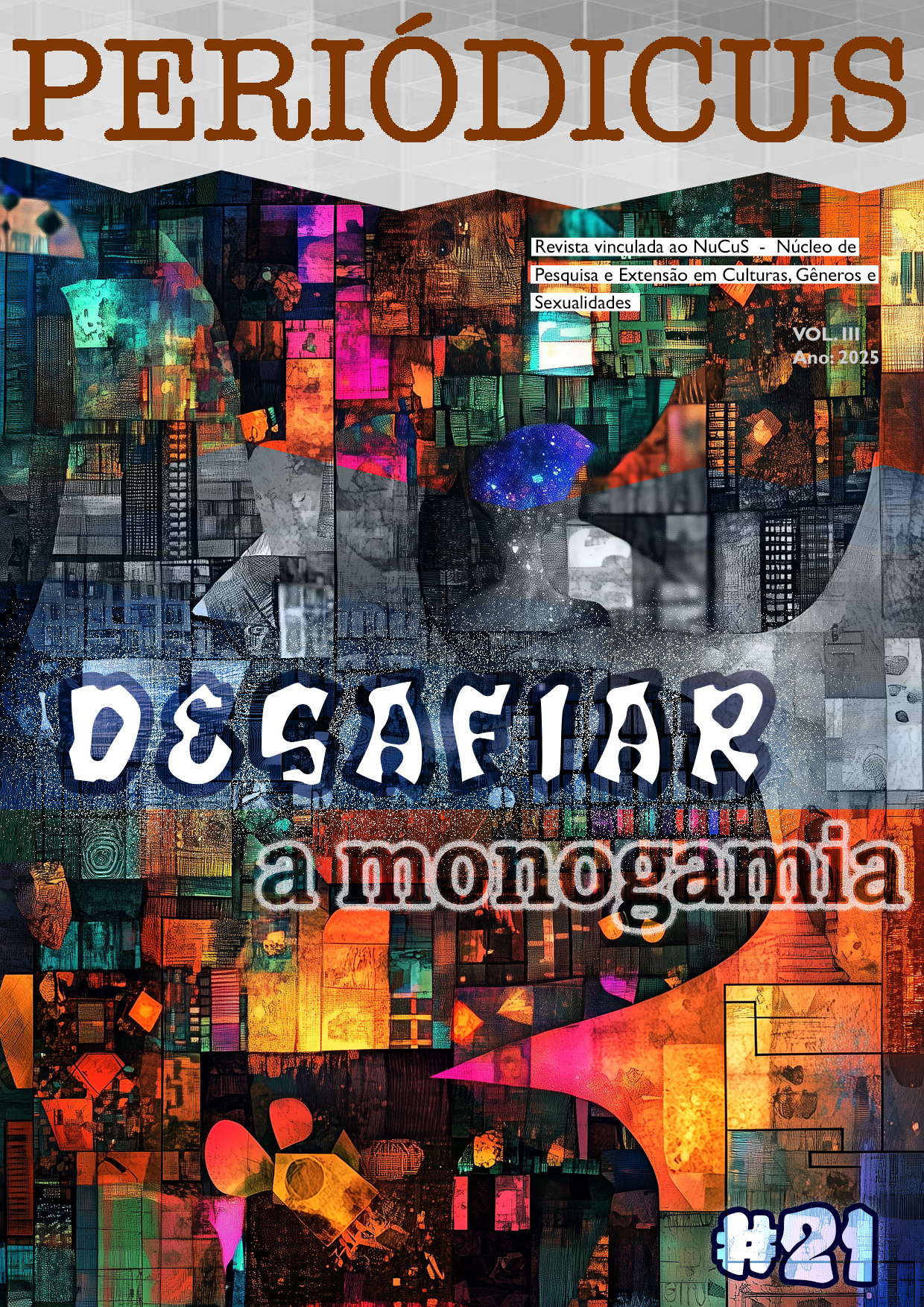Teaching and gender
the production of meanings in the discourse against non-binary language
DOI:
https://doi.org/10.9771/peri.v3i21.61691Abstract
In this work, we aim to analyze how meaning production occurs in the discourse about non-binary language, seeking to understand which positions support discourse against this language. For this, we have as a theoretical-methodological basis the analysis of materialist discourse. Interested in contributing to this discussion that currently stands out regarding the standardization of language, we selected a YouTube video in which a Portuguese teacher talks about non-binary language. In our analysis, we were able to perceive how the enunciator shifts the discussion to a domain of morality and health, even creating a false opposition between non-binary individuals and other groups, such as deaf, blind, and dyslexic people, which leads us to consider that although she speaks as an enunciator from a certain social position located within the educational ideological apparatus, she occupies a subject position that is not that of an expert on the subject, meaning not following the functioning by which written discourse needs to adhere to legitimize itself, subjects and meaning are forged from a functioning of mediatization, validation through circulation, polemic, and the emptying of debate.
Downloads
Downloads
Published
How to Cite
Issue
Section
License
Copyright (c) 2025 Lucas Alves Selhorst

This work is licensed under a Creative Commons Attribution-NonCommercial 4.0 International License.
Authors who publish in this journal agree to the following terms:
Authors retain copyright and grant the journal the right of first publication, with the work simultaneously licensed under a Creative Commons Attribution Noncommercial License that allows the work to be shared with acknowledgment of authorship and initial publication in this journal, but prohibits commercial use.
Authors are authorized to enter into separate additional contracts for non-exclusive distribution of the version of the work published in this journal (e.g., publishing in an institutional repository or as a book chapter), with acknowledgment of authorship and initial publication in this journal.
Authors are permitted and encouraged to publish and distribute their work online (e.g., in institutional repositories or on their personal website) at any point before or during the editorial process, as this can generate productive changes and increase the impact and citation of the published work (see The Effect of Open Access).








